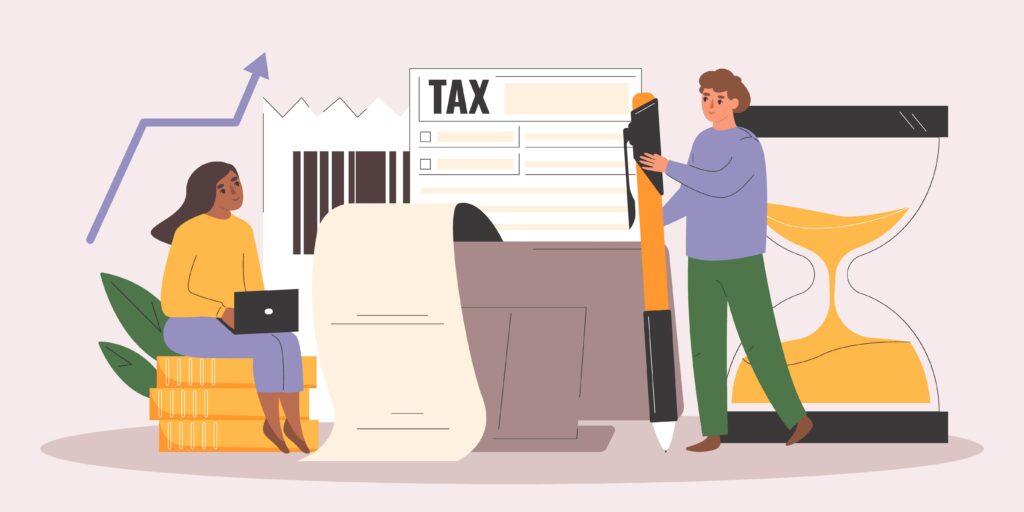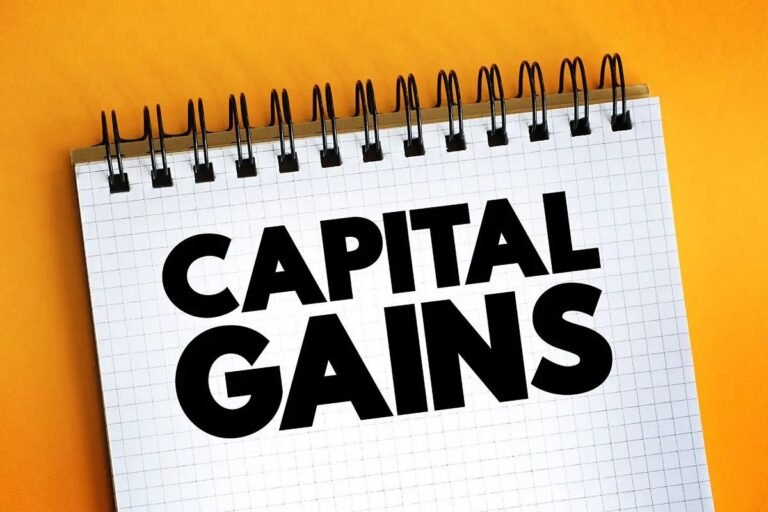From your company, you can take money as salary or dividend or borrow as loan. Tax on salary or dividend are straight forward but tax on borrowed money is difficult area.
Money borrowed by a director from a close company (i.e., a small company controlled by shareholders), attract tax called s.455 charge.
Close Company
For a company to be a close company it must satisfy the following conditions:
- The company must be resident in the UK
- The company must be controlled by either: a maximum five participators or, Controlled by any number of directors who are also shareholders
However, the following companies cannot be close companies:
- Non-resident companies
- Registered industrial and provident societies and building societies.
- Companies controlled on behalf of the Crown.
- Companies controlled by open companies.
- Quoted companies with substantial public interest.

When Does Section 455 Charge Apply?
If a participator (i.e., director) receives loan from his company and does not pay within 9 months and 1 day after the end of accounting period, tax (known as s455 charge) is charged at the rate of 33.75% of the outstanding loan balance (32.5% before 6 April 2022).
For Example
Sarah’s company has a year-end of 31 March. She took out £12,000 from the company on 28 February 2022. And paid back £3,000 on 30 July 2022.
Here, Loan balance at the end of accounting period (31 March 2022) was £12,000. Within the period of 9 months and 1 day, £3,000 is paid. So remaining amount after 9 months and 1 day(i.e., 1 January 2023) is £9,000. So, 33.75% of £9,000 (i.e, £3,038)is charged to the Sarah (the director).
From the above rule, it seems that the director can avoid s455 tax by repaying the loan within 9 months of year end and can subsequently withdraw the loan after few days. Remember that repayment followed by subsequent withdrawal (of £5,000 or more) might revive s455 tax due to “Bed and Breakfasting” rule.
When is the due date for payment of s455 tax?
For small companies (who are not required to pay tax by installments), the due date is nine months and one day after the accounting period. In the above example, the due date to pay tax will be 1 January 2023.
For larger companies who pay tax on instalments, the tax will be added to the instalment due.
After I will Repay The Loan Back to The Company, Will HMRC Repay s.455 tax?
Yes. HMRC refunds the tax you paid in proportion to amount you repay.
Suppose in above example Sarah pays s.455 tax of £3,038. Also, out of the remaining loan of £9,000, she repays half of the loan (i.e., £4,500) on 28 February 2023. As she repaid half of the loan, she can claim back half of the tax she paid (i.e., ½*3,038= £1,519). For more Information read our article on “Reclaiming s455 tax”.
I am an Employee Owning a Small Number of Shares. Does s.455 Tax Apply to The Loan I Receive From My Company?

If the loan is not more than £15,000 and you don’t own material interest i.e., more than 5% of shares, s.455 is unlikely to apply to you. The other cases where s455 does not apply are:
- The loan was provided during ordinary course of business i.e., where the close company is involved in money lending business, or
- There is supply of goods or services in ordinary course of trade
Material Interest
A participator is considered to have material interest in the company if:
- The person holds more than 5% of the ordinary share capital, or
- The person has entitlement to more than 5% of the company’s assets on a winding up
- (When calculating this 5%, we must also take account of holdings owned by the borrower’s associates i.e., close family members)
I Own Shares in a Close Company, But I am not the Director. Does s.455 Apply to The Loan I Take out of The Company?
Yes, s.455 applies to shareholders regardless of whether one is director (or employee) of the company. It applies even to the loan advanced to your spouse, parents, or children (being associates of a participator).
What is The Implication if I Cannot Repay the Loan?
The company can write off the loan if it is not paid by the participator. This will have implications both in your income tax and corporate tax.
Income Tax:
Effectively, this is treated as dividend. The date of earning dividend will be the date loan is written off. The rate of tax you will be paying depends on the level of your income.
If you do not already earn any more dividend, then £1,000 of the loan written off will be free from tax and the remaining will be taxed as per relevant dividend tax rate.
Note: If you also work as an employee in the company, the loan written off will be dividend income and not employment income.
Corporate Tax
The company can reclaim s.455 tax once the loan is written off (treated as if the loan was repaid). The loan written off is accounted under “loan relationship” rules. However, the amount of loan written off is not deductible as an expense for corporate tax purposes.
Why is s455 Tax Charged at 33.75%?
HMRC treats any amount you take out from your company to be like dividend income. So, the corporation tax at 33.75% is to reflect the tax rate of dividends (applicable to higher rate taxpayers).
What Might be The Reason s.455 Was Introduced?
HMRC introduced section 455 to address the loophole of withdrawing the company funds for personal use without paying tax.
Some individuals utilise the money that is available in their companies. They receive a loan in the name of the company. Rather than using it for business, they withdraw money for personal use. Section 455 attempts to discourage such practice of using the company as a medium to collect money for their interest rather than the company’s business.
We are dedicated to solve your queries.
Contact us for assistance at any stage of your journey.









